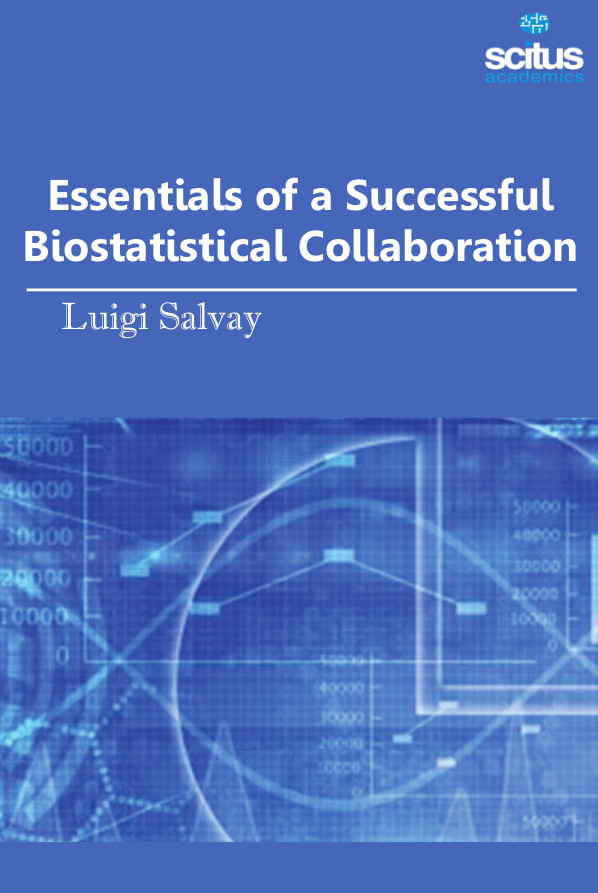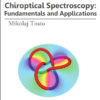There has been an explosive growth in the development of statistical methodology over the past several decades. Research in both medicine and public health, in which the involvement of biostatisticians has increased dramatically during this period, has been both a beneficiary of this new methodology as well as a source of new problems. Biostatisticians are specialists in the evaluation of data as scientific evidence.
They understand the generic construct of data and they provide the mathematical framework that transcends the scientific context to generalize the findings. Their expertise includes the design and conduct of experiments, the mode and manner in which data are collected, the analysis of data, and the interpretation of results. Meaningful generalization of experimental results requires the application of an appropriate mathematical framework for the scientific context. The validity of research results depends on this application and the reproducibility of the experimental methods. Biostatisticians use mathematics to enhance science and bridge the gap between theory and practice. Essentials of a Successful Biostatistical Collaboration provides information in promoting and developing biostatistical methodologies and applications in health and medical research. It provides an overview of common functions expected of a collaborating biostatistician. The book delivers valuable information on where to look for information and material on sample size and statistical techniques commonly used in clinical research, trials, samples and on how best to communicate with clinicians. It also covers the best practices to adopt in terms of project, time, and data management; relationship with collaborators; etc. The intention of this book is to presents valued information to biostatisticians and other quantitative scientists with the necessary skills, and knowledge, to collaborate effectively with clinicians in the healthcare field.













